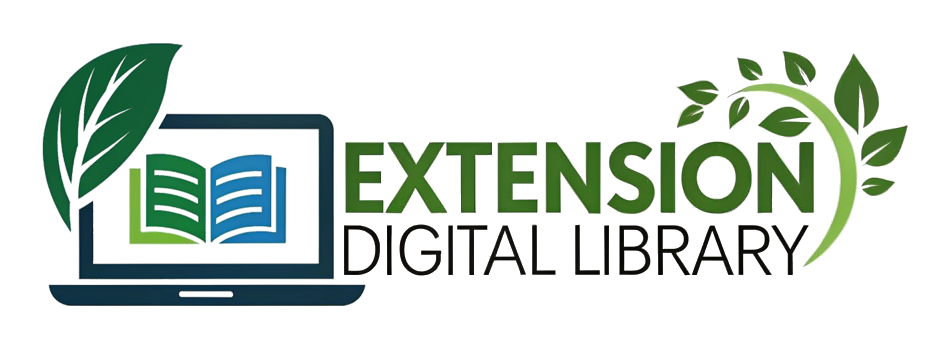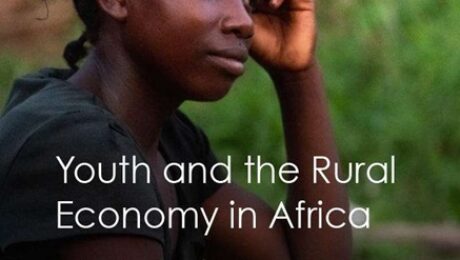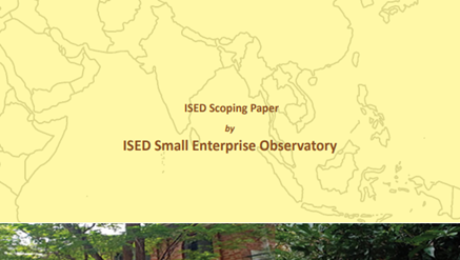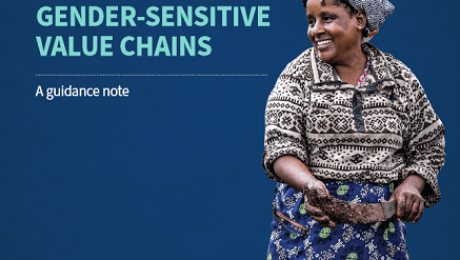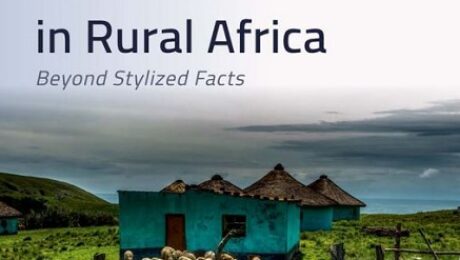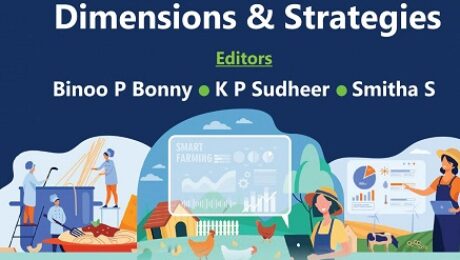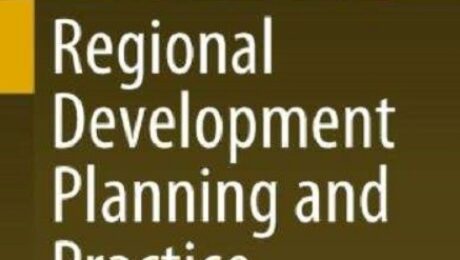Empowering rural youth through farmers’ organizations
This paper captures and synthesizes key approaches, strategies and lessons for empowering rural youth in the Asia-Pacific region from farmers’ organizations (FOs) and regional and international development agencies.
The paper dives deep into the initiatives and strategies employed in the region and beyond that empower rural communities, especially rural youth. It presents a synthesis of what has worked well in the field, strategies and approaches employed by FOs and development agencies, and methods for leveraging the comparative advantage of FOs in offering sustainable rural livelihoods for youth. It also highlights the efforts by FOs to address the challenges rural youth face in terms of productivity and socio-economic factors.
- Published in YOUTH
Youth and the Rural Economy in Africa
This book unites recent findings from quantitative and qualitative research from across Africa to illuminate how young men and women engage with the rural economy and imagine their futures, and how development policies and interventions can find traction with these realities. Through framing, overview and evidence-based chapters, this book provides a critical perspective on current discourse, research and development interventions around youth and rural development. Chapters are organized around commonly-made foundational claims: that large numbers of young people are leaving rural areas, have no interest in agriculture, cannot access land, can be the engine of rural transformation, are stuck in permanent waithood, and that the rural economy can provide a wealth of opportunity. This book: Engages with and challenges current research, policy and development debates.Considers social difference as a way of examining the category of youth.Is written by authors from a variety of disciplinary backgrounds, providing varied perspectives.This book draws from existing literature and new analysis of several multi-country and multi-disciplinary studies, focusing on gender and other aspects of social difference. It is suitable for researchers, policy makers and advocates, as well as postgraduate students in international development and agricultural economics.
- Published in YOUTH
Rural Youth Welfare along the Rural-urban Gradient: An Empirical Analysis across the Developing World
We use survey data on 170,000 households from Asia, Latin America and Africa, global geo-spatial data, and an economic geography framework to highlight five findings about rural youth in developing countries. First, the youth share in population is falling rapidly, and youth numbers are stable or falling slowly everywhere, except in Africa. In Africa, youth share is rising very slowly, but numbers are set to double in 40 years. Second, large majorities of rural youth live in spaces that are not inherently limiting: two-thirds live in zones with highest agricultural potential, and one-quarter combine this with highest commercialisation potential. The 4% that do live in inherently challenging spaces are concentrated in pockets of persistent poverty in middle-income countries. Third, rural spaces’ commercial potential has large impacts on welfare outcomes, but their agricultural potential has no detectable impact. Fourth, households with young members face income- and poverty ‘penalties’ in all regions and spaces within them, compared to households without young members. The poverty penalty declines sharply over space as commercial potential rises, but the income penalty shows ambiguous patterns. Fifth, households with young members earn lower relative returns to education, with varying patterns over space.
- Published in YOUTH
ISED Scoping- Paper Youth Entrepreneurship: Lessons & Imperatives under COVID-19
This document is the outcome of research initiated by a team of ISED Small Enterprise Observatory. It is meant to present the ISED perspective relating to ‘Youth Enterprise Development’ in the context of the ongoing Pandemic, COVID-19, and to put in place, the outline of a research agenda.
There has been an enhanced global interest in youth entrepreneurship today. Three key reasons explain that: a) the growing share of youth in the world population; b) the mounting situation of unemployment; and c) rapid changes in technology, where the young are expected to be more technology savvy. Besides the above three reasons, there is another objective ground for a focus on youth entrepreneurship: Unlike in the past, technological platforms today offer better and quicker solutions. At the macroeconomic level, this implies a progressive trend towards ‘servitization’ of the economy, which means, the proportionate share of services exceed that of real manufacturing. Creation of new businesses, in policy circles today, is largely perceived in terms of technology start-ups. However, COVID-19, the Pandemic, has drastically changed the scene. The medical stipulation of physical distancing, and the need for social connectivity as a means of survival economic activities, makes livelihoods strategies really complex. An escalation in the use of technology platforms in a more decentralized form than ever, is seen as a possible solution. However, the economic structure, in general, has come down to a lop-sided mode, demanding a search for alternatives.
- Published in YOUTH
Investing in rural youth in the Asia and the Pacific region
This paper characterizes the structural and rural transformation of the Asia and the Pacific region (APR), highlighting the implications for rural youth opportunities and challenges, and identifying and elaborating on the characteristics, opportunities and challenges related to rural youth inclusion. Nearly half of the population in Asia is urban, with the proportion projected to rise to 59 per cent by 2035. Except for China, the majority of youth still reside in rural areas. Youth labour force participation is higher in rural than urban areas, and for males than females. Rural youth in countries with low structural transformation and low rural transformation continue to rely on agriculture for employment; in countries with high levels of transformation, a majority of rural youth are now employed outside agriculture (though it is still the biggest contributor to rural youth employment). About one fifth of youth in Asia are not in education, employment or training. More than 86 per cent of employed youth in Asia and the Pacific are in the informal sector, greater than the proportion of informal employment among adult workers.
- Published in YOUTH
Gender, water and agriculture
The economic contribution of women to agricultural and irrigation activities and to the livelihoods, well-being and food security of families and communities is often unrecognized, invisible and mostly undervalued. Moreover, the role of women in fetching, preserving and managing productive and non-productive water often goes unrecognized and understudied. Hence, this assessment aims to shed light on the different contributions and benefits of women and men in relation to agricultural roles, responsibilities and resources, focusing mainly on productive agricultural resources, including water, to inform more efficient, equitable and gender-responsive programmes in the future.
- Published in GENDER
Climate resilience and disaster risk analysis for gender-sensitive value chains
The purpose of this publication is to facilitate gender analysis in value chain operations, considering climate change effects, in order to enhance adaptive capacities of value chain actors. It aims to facilitate the analysis of the factors that determine gender-differentiated vulnerability to climate change and risks. It is intended for use by practitioners and service providers, including governments, civil society and academia, to guide interventions within the agrifood sector.
- Published in GENDER, VALUE CHAIN / MARKETS
Youth and Jobs in Rural Africa
The prospect of widespread youth unemployment in Sub-Saharan Africa (henceforth ‘Africa’) is a serious concern for governments today, both on the subcontinent and in developed countries. Underlying this is a sense of alarm or urgency, borne out of the view that Africa’s ‘youth bulge’ is an unprecedented global challenge, and that African economies will struggle to absorb enough young job seekers in the coming decades. Concerns are particularly pronounced in rural Africa, where most of the world’s poor population reside and where farming is still the main livelihood for most households. The conventional view is that African youth do not aspire to work in agriculture, because the sector is characterized by low productivity and is far from the dynamic lifestyles offered by cities. Yet job prospects in Africa’s cities and towns are also limited, and so most young Africans will inevitably need to find work somewhere in the rural economy.
- Published in YOUTH
Engendering Agricultural Development Dimensions & Strategies
The book comprises of three divisions viz., Gender in agriculture development (Part I), Gender in allied sectors of agriculture (Part II) and Data, tools and approaches in gender analysis (Part III) that explicates the prevalent gendered relegations. It provides insights on the gender dimensions in Indian agriculture, including initiatives, policy reforms and mends the literature gap in gender roles in the sector. The gender roles and impacts from different cultural and geographical horizons of Indian agricultural and allied sectors in the emerging contexts of globalization, urbanization, climate change and the Covid19 pandemic are gathered in this book.
- Published in GENDER
How Far Gender Inequality Suppresses Human Development: Evidence from India
In Indian society, the root cause of gender inequality lies in its patriarchal structure. In this paper, an attempt has been made ment, to a certain extent, to link gender relations with the development of the nation. Furthermore, it examines the spatial variations of gender development and analyzes spatial inequality at the level of human development in the different states of India. Finally, this paper has suggested some important policy implications for reducing gender inequality in India. The Gender Parity Index (GPI) of literacy has been calculated to understand the inequality between the two genders. The Human Development Index (HDI) method has been used to analyze spatial variation in the development of human resources. The study reveals that there are considerable disparities in the level of human resource development among the different states of India, and higher-income states do not show the highest HDI values. The measure to reduce gender inequality in rural India must be developed and implemented according to the needs of specific target groups, that is, women and children.
